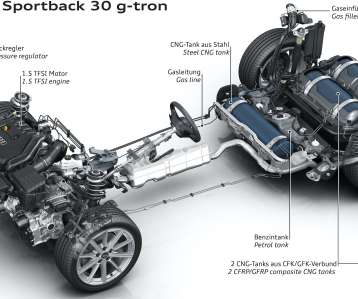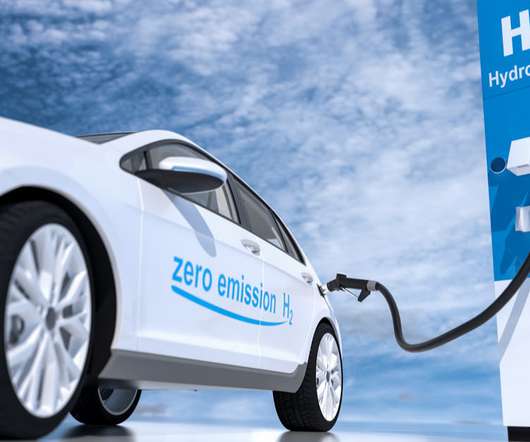Audi opens power-to-gas facility in Werlte/Emsland; e-gas from water, green electricity and CO2
Green Car Congress
JUNE 25, 2013
Audi’s e-gas plant. Audi has opened its e-gas plant in Werlte, making it the first automobile manufacturer to develop a chain of sustainable energy carriers. The Audi e-gas plant, which can convert 6MW of input power, utilizes renewable electricity for electrolysis to produce oxygen and hydrogen. Click to enlarge.





































Let's personalize your content